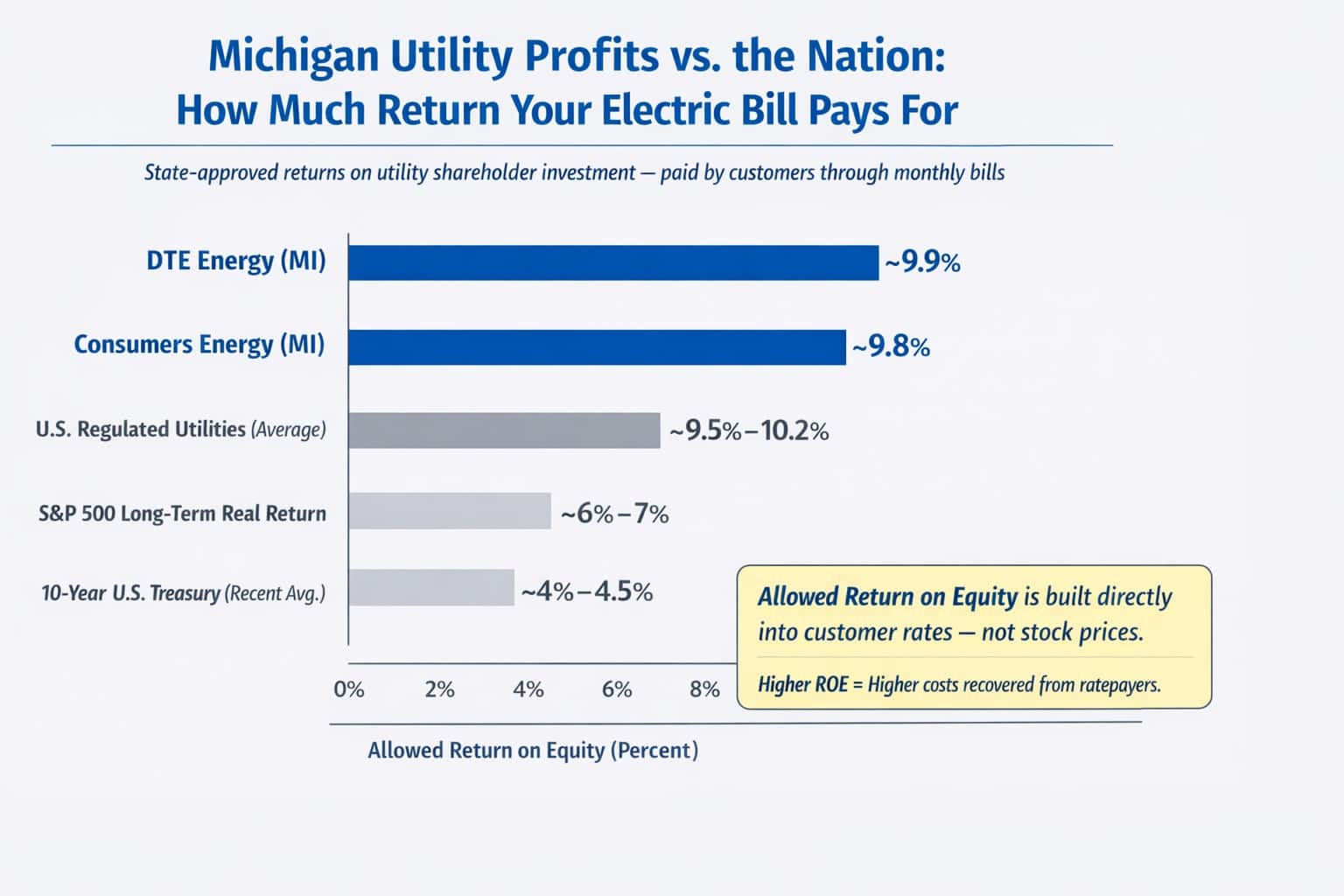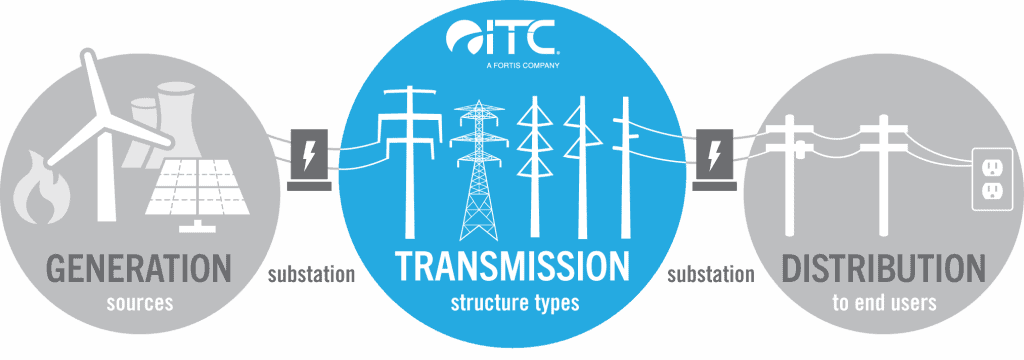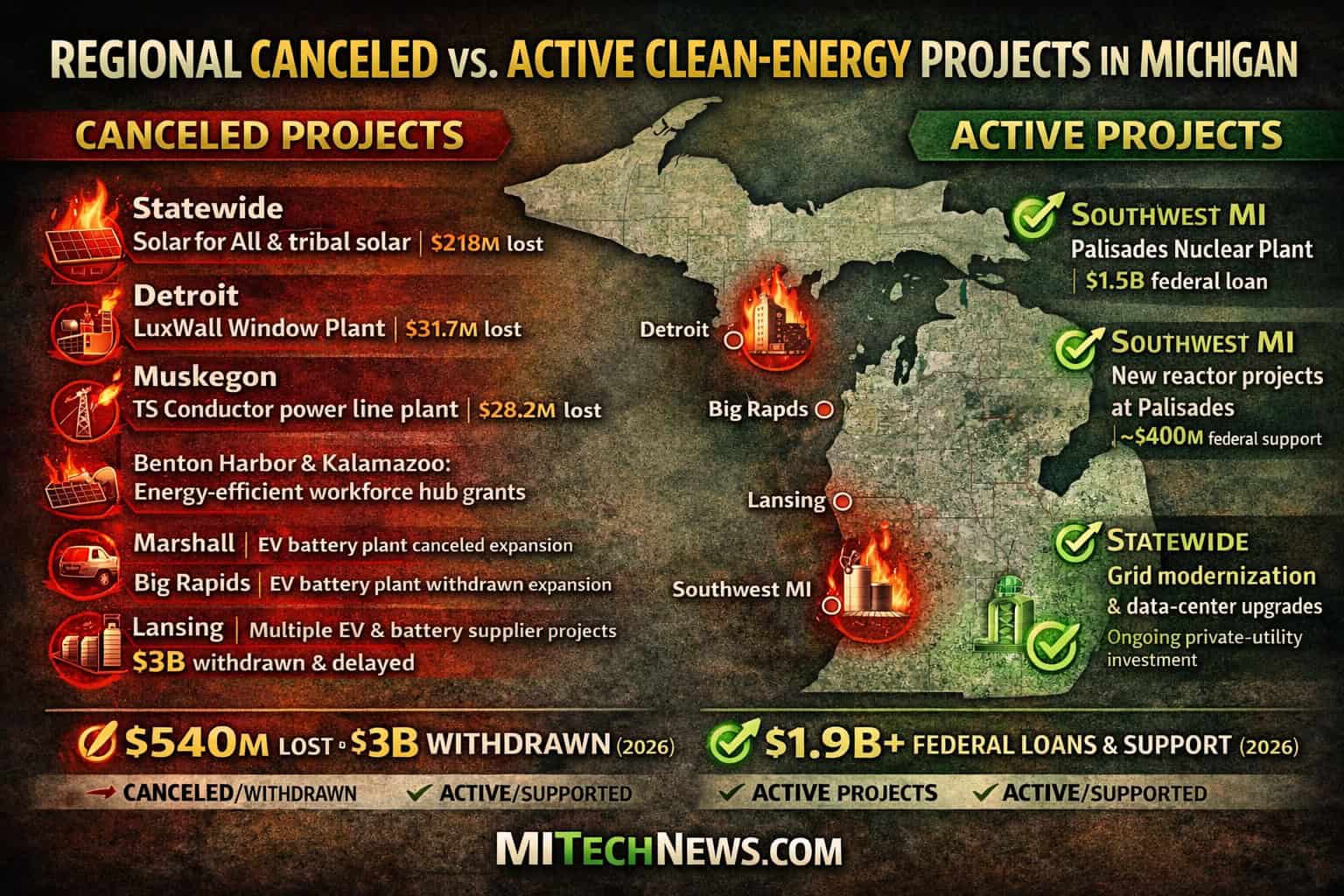LANSING – Rep. Mike Shirkey on Monday highlighted a report showing the state of Illinois saved $37 billion in consumer savings since switching to a more electric choice-style system, saying it is a prime example of why Michigan should get rid of its “monopoly-style” system.
The joint report was issued by the separate entities of the Illinois Chamber of Commerce, Manufacturers’ Association, Retail Merchants Association and Business Roundtable.
The debate over whether Michigan should move into a more deregulated market or keep its cap on electric competition comes as the state will be forced to take another look at its energy overhaul legislation in 2008, which set certain goals for renewable energy and energy efficiency through 2015, and made provisions about electric competition, which includes a cap on competition.
While Governor Rick Snyder has previously discussed the need to increase energy efficiency standards and continue the progress made in that arena, little has so far been discussed about renewable energy, and utilities and other interests affected by electric choice have been turning up the volume on that matter.
Among other benefits, the report says Illinois moved from having the 13th highest-average electricity prices across the nation to prices among the 10 lowest in the country since moving into a more choice-based system in 1997.
The report touts $18 billion in residential savings and $19 billion in cost savings for industrial, commercial, government, and nonprofit organizations.
Shirkey (R-Clarklake) has introduced HB 5184 as well, which supporters of the Illinois report argue could bring similar savings to Michigan. The bill would allow for the removal of the cap on electric competition. Shirkey did not immediately return a call for comment on when that bill could be taken up in the House Energy and Technology Committee.
He did, however, issue a statement regarding the Illinois report: “Michigan is competing in the Great Lakes Region and beyond every day to retain and attract jobs. While our neighboring states have either already gotten rid of their monopolies or are seriously contemplating doing so Michigan has instead gone in the other direction. Going back to a monopoly style system in 2008 has cost all of us dearly and is a seriously flawed, illogical policy that needs to be reversed.”
But Steve Transeth, senior policy director for Michigan Jobs and Energy Coalition, which opposes deregulation, said other factors contribute to why Illinois has received “favorable treatment” in its rates. “But it has little to do with deregulation,” he said.
First, Illinois generates almost 55 percent of its energy from nuclear power. Once you get past the capital investment, that is a cheap source of electricity, Transeth said. Illinois is also an exporter of energy while Michigan imports energy, he said, and the state relies mostly on coal at that.
He said focusing solely on rates is a “huge mistake.”
“There has yet to be a deregulated state that hasn’t had reliability issues,” Transeth said, pointing specifically to Texas, where there have been numerous reliability issues. “Wherever deregulation has gone, they have not been able to build new generation and capacity has been an issue (and then prices spike).”
Transeth said “a storm is brewing” in terms of prices for electricity. He said prices are down right now because of demand and supply being in coordination with one another, but if the U.S. Environmental Protection Agency issues stringent rules on coal facilities in the early summer, that could change as utilities are forced to update aging coal plants or invest in new resources.
“We don’t dispute Michigan has an issue with its rates and we have to find a way to push those rates down, but the worst thing we can do is think deregulation is the answer,” he said.
This story was provided by Gongwer News Service. To subscribe, click on Gongwer.Com






